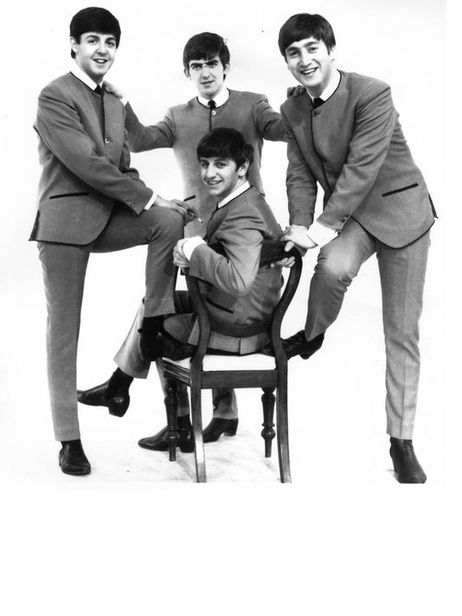by Kira Asatryan
http://time.com/4210119/relationships-truth/
Getty Images
Kira Asatryan is a relationship coach and author of Stop Being Lonely
Avoid this cognitive trap!
Those of us who spend our lives helping people with their relationships talk a lot about behaviors. We encourage couples to say this instead of that and to act in this way instead of in that way. We also talk a lot about emotions – how to manage them and express them in constructive ways.While behaviors and emotions matter in relationships, the emphasis we put on them forces one of our central human attributes onto the back burner: our thoughts.
What role do our thoughts and beliefs play in the success or failure of our relationships?
As it turns out, one common thought pattern is highly toxic for relationships. You can view it as a core belief or as a mental stance… but I prefer to think of it as a cognitive trap. The trap is this: you believe that there is only one true reality. You believe in finding The Truth with a capital “T” and anyone who doesn’t buy into the truth you’ve uncovered is objectively wrong.
Simply put, when your mind can’t accept and validate multiple realities, your relationships will suffer.
Some common relationship maxims hint at the shortcomings of this belief. For example, “There are three sides to every story: your side, my side, and the truth.” This simple truism highlights an understanding that my truth is not The Truth.
You’ve also likely heard someone say, “You can be right or you can be happy.” This saying points toward the fact that believing your reality is The Reality compels you to convince others – sometimes aggressively – that your reality is right. In the process, you’ll invalidate the other person’s reality, drive them away, and find yourself feeling less and less happy.
Let’s look at 3 specific ways the “single reality” mindset is undermining your relationships:
1. It makes your partner a second-class citizen.
When you believe that there is only one reality – and you’re the one pursuing it – you’ve put yourself in a (self-appointed) position of superiority. You’re basically saying that you hold the key to objective reality and your partner doesn’t. That doesn’t sound like a very fair arrangement, does it?
Whether you intend it or not, holding this belief creates a relationship where your partner is a second-class citizen. It throws the idea of an equal partnership out the window.
Even worse, taking a stance of superiority fosters feelings of contempt toward others… and according to renowned marriage researcher John Gottman, the presence of contempt in a marriage is the single biggest predictor of divorce.
2. It makes disagreements unresolvable.
Believing that you – and you alone – have access to The Truth undercuts your partner’s right to have their opinion respected. But respecting each other’s opinions is a pre-requisite for successfully resolving disagreements. These two ideas, taken together, illustrate how holding the “single reality” mindset makes disputes unresolvable.
To successfully resolve disputes, both sides need to have their realities acknowledged and validated by the other. You can fully understand another person’s perspective on something and still disagree. In fact, this is likely the healthiest way to disagree.
But without understanding the other person’s perspective first – because you cannot tolerate alternate perspectives – you are left with less healthy ways to disagree. These include steamrolling, badgering, and manipulating… all of which undermine the stability of the relationship.
3. It’s antagonistic.
This cognitive trap – believing that there is only one true reality – is profoundly divisive. It sets up a dynamic where you feel compelled to convince the other person of your perspective, not only because you want to “win” the fight, but because you want to save them from their “delusional” ideas.
In other words, when you feel the need to “convert” someone to what you believe to be The Truth, you’re driving a wedge between you and them.
You’re creating “otherness.” And what comes from “otherness”? Antagonism.
While it’s never easy to change a core belief, you certainly can get better at accepting and validating multiple realities. The first step is to replace the belief that there is only one true reality with a slightly modified one.
This new belief would be: “I am the ultimate authority over my own reality.”
This new belief will serve you better in a few ways. First, it allows you to retain power and authority in the relationship – which you deserve to have – just in a narrower context. Second, it gives power and authority to the other person as well, allowing for balanced and productive interactions.
Only when both partners have power in the relationship can it finally be the harmonious union you’ve always dreamed of. Pull yourself out of this cognitive trap and start down the road towards better relating!






 RSS Feed
RSS Feed